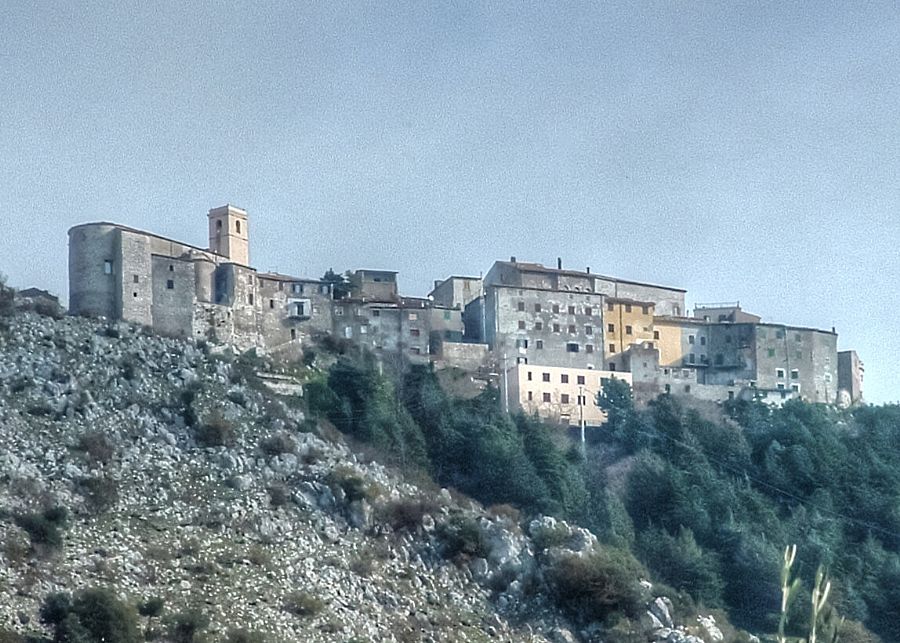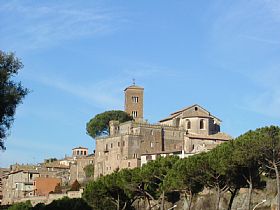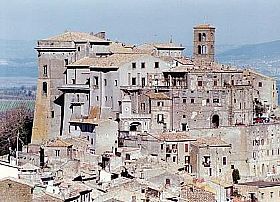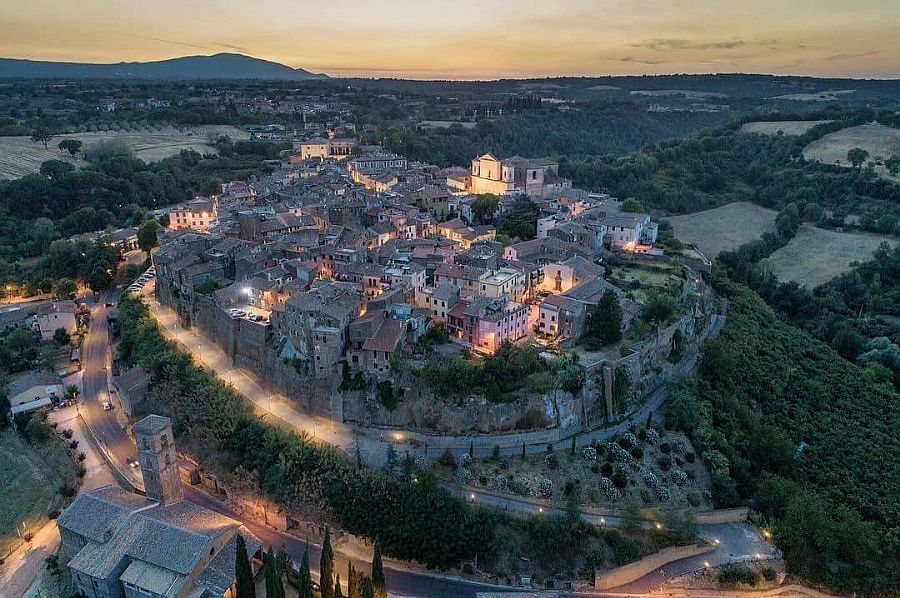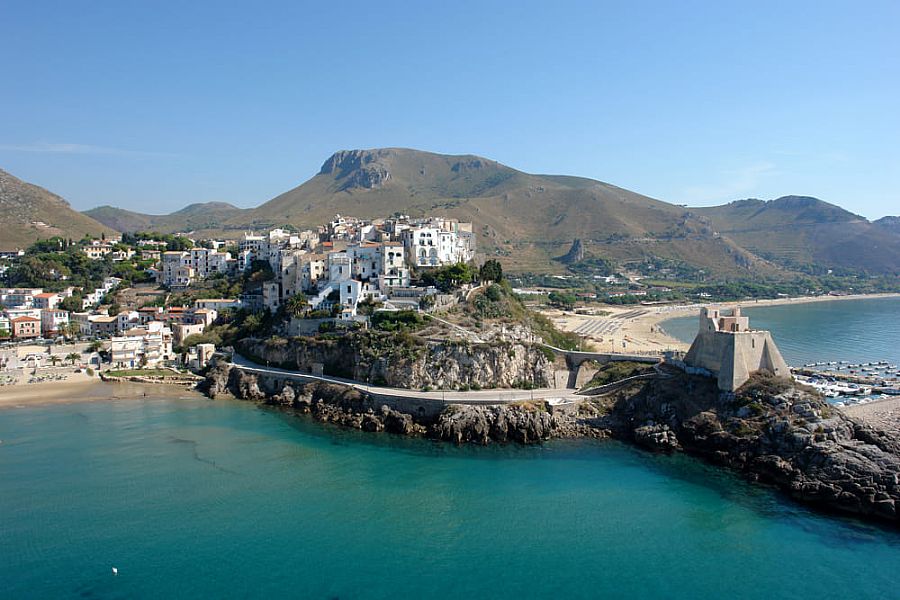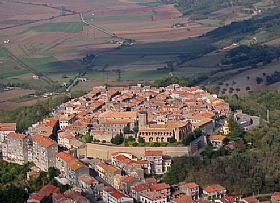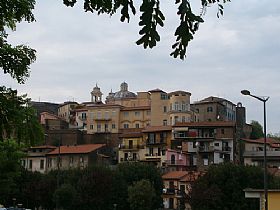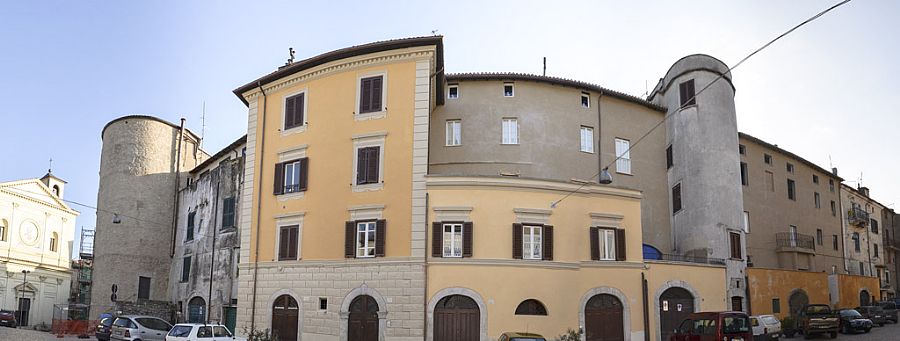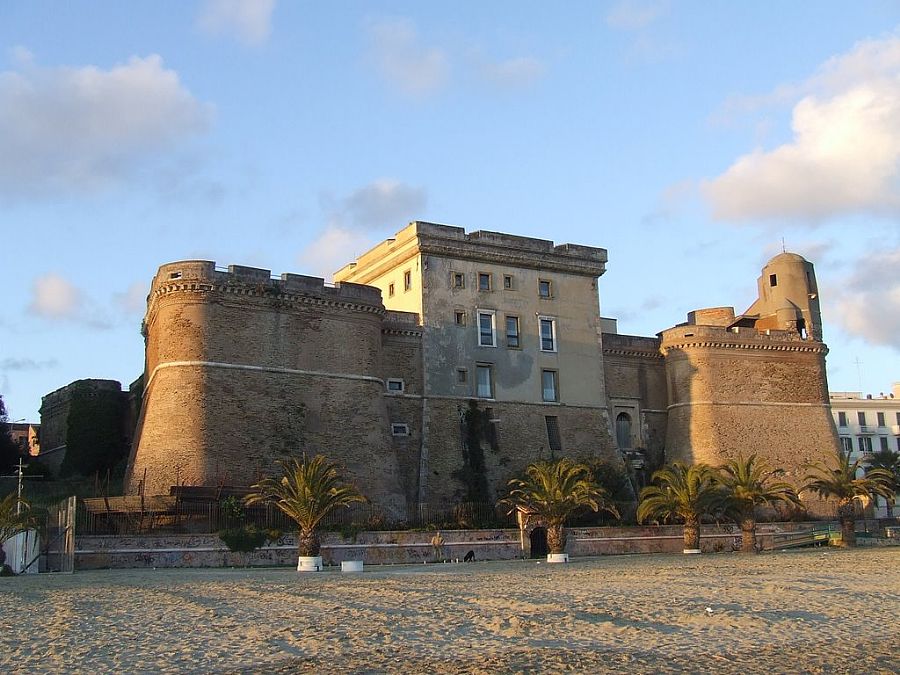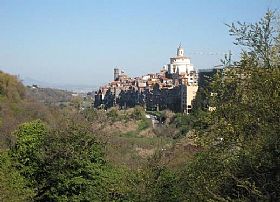Rome and Latium

Lazio is the region in central Italy that is the center of world history - where Rome is located, and where ancient peoples once flourished. The Latin name Latium indicated the area for many millennia. The region is much larger than its famous capital city, where long before Romulus and Remus were mythically born, the Etruscans and Sabines lived. The region stretches across a large swath, from the Mediterranean Sea to the Apennine range, taking in lakes, rivers, hills, and plains. It touches Tuscany and Umbria, Abruzzo and Campania regions.
While a visit to Rome is a must for any traveler, the surrounding Lazio region will surprise you with its varied landscapes and history.
For seaside enthusiasts, you'll have a choice of sandy beaches and hidden coves. The beautiful national park of Circeo is a nice promontory with unspoiled seas. The legendary Riviera di Ulisse around Gaeta is marked by schisms, sea caves and coves, while the quaint town of Sperlonga give the best of Old World atmosphere and nice beaches. Seafood is of course abundant in this part of the region. Lively Ostia Lido has beach clubs outfitted with colorful umbrellas and cabanas, but the town itself offers a great vibe and excellent eateries.
Prehistoric people dwelled throughout Lazio, so history buffs will be in heaven at sites like Cerveteri and Ostia Antica. There are many Etruscan spots in northern Lazio to fuel your fascination. East of Rome around Rieti is a land of myth and mystics, where the Italic Sabine tribe lived and the famed Abbey of Farfa was founded by the Benedictines. South of the capital are the Castelli Romani, the upscale hills that became popular during the Renaissance, dotted with splendid villas, including the papal palace. To the north are volcanic lakes, Bolsena, Bracciano and Vico.
The region is rich is tradition with age-old festivals and religious observations still going on year-round. There are opulent gardens to enjoy, as well - from Tivoli to Villa d'Este, to the Papal Gardens (recently opened by Pope Francis) and the magical Ninfa Garden, you'll have lots of spots to enjoy the park-like settings.
Rome, of course, is the heart of Lazio, with its millennia of history, art and architecture, along with its cosmopolitan life and shops. Enjoy a drink on a piazza and immerse yourself in la dolce vita!
Roma caput mundi: Rome - center of the world.
Viterbo is a city that will surprise you with its medieval beauty and its interesting history.
The beautiful setting of Castel Gandolfo has made it a popular retreat for centuries.
Fiuggi has perfectly preserved its rustic charm throughout the centuries, protecting the immense natural beauties from the risks of pollution.
Spread out over a volcanic plateau above Lake Nemi, Genzano di Roma is a typical Medieval hill town.
The rocky island of Ponza is a surprise.
The ancient city of Rieti dates back to many millennia prior to the Romans.
Perched high in the Lepini Mountains, Rocca Massima is the highest village in the Lazio region, offering breathtaking views and an authentic Italian mountain experience.
About an hour north of Rome but a world away from the crowds, Sutri is a historic town with loads of ambiance.
Tarquinia is a medieval city and internationally known archaeological site, the ancient Etruscan capital, in the heart of Southern Etruria.
Acquapendente is a lovely town located right at the border of Tuscany, Lazio and Umbria.
Anguillara Sabazia rests on the shore of Lake Bracciano, only 30 kilometers north of Rome but a placid world away.
Ariccia is a lovely town in the beautiful hills of the Castelli Romani south of Rome.
Arpino is high in the hills between Rome and Naples.
Bassano Romano is an attractive medieval town tucked between Lake Bracciano and Lake Vico, and protected by the Crimini and Sabatini mountains, north of Rome.
Bolsena lies at the foot of Mounts Volsini at 350 metres above the sea level.
The tiny town of Bomarzo seems other-worldly as its stone center reaches upward on the hilltop.
A hill above the south-western shores of Lake Bracciano (Lago di Bracciano) in northern Lazio, not far from Rome and Viterbo, holds the town of Bracciano.
The medieval Calcata is perched on a rocky plateau which dominates the wood-covered valley of Treja, between Rome and Viterbo.
A pretty town in the gentle Lazio hills north of Rome, Campagnano di Roma retains the atmosphere of the Middle Ages.
The stone hill town of Castiglione in Teverina stradles the border of Lazio and Umbria, occupying some of Italy's attractive rolling landcape.
Civita' Castellana is a truly ancient town in northern Lazio, near the Umbrian border.
According to the legend, the origin of Collevecchio dates back to 1253, when a brief signed by Pope Innocent IV authorized the inhabitants of the marshy and infertile area of Muziano to move towards the healthier higher grounds.
The Alban Hills (Colli Albani) have been for ages one of the most pleasurable and definitely the most favourite Roman vacation stay.
Located about halfway between Rome and Naples, Gaeta is one of those overlooked gems that should get more attention.
A city of ancient origins in the area of Viterbo, Gallese is built on a tufa bluff with the sheer walls dropping to the river valley below.
Isola del Liri is an interesting little town near Frosinone, in southern Lazio.
Lanuvio is an historic hillside town south of Rome.
The hilltop town of Magliano Sabina sits in amidst a beautiful valley.
Montalto di Castro is a compact walled hill town in the province of Viterbo, just a couple kilometers from the Mediterranean Sea.
Montefiascone sits at 590 meters above sea level with an enchanting view of Lake Bolsena.
Nepi is a lovely town north of Rome near Lake Bracciano.
Ostia was a commercial city thanks to the great homonym port: its name derives from “ostium”, meaning “river mouth”.
Pescia Roman straddles the Lazio-Tuscany border amid fertile fields that give way to the wide sandy beaches of the coast.
Rocca di Papa is an interesting town with a telling name.
Sitting on a bluff near Viterbo, north of Rome, Ronciglione is a beautiful blend of Medieval, Renaissance and Baroque architecture in a compact space.
San Felice Circeo sits on a promontory that juts into the Mediterranean Sea, about midway between Anzio and Gaeta.
Soriano rises from a mountain setting among the abundant chestnut forests of northern Lazio.
A beautiful coastal town on a hill above the sea near Gaeta, the old town is a charming warren of lanes.
The ancient Tibur Superbum, as per Virgil’s definition, is located at the foot of Mounts Tibutini, west side of Rome.
Torvaianica is a mostly-modern city south of Rome, best known for its beaches.
Trevignano lies along the placid shoreline of Lake Bracciano, north of Rome.
Tuscania is a lovely hill town at the edge of the Maremma Viterbese, close to the Lake Bolsena.
Vacone is a tiny town in the Sabine Hills north of Rome.
Valentano sits in a circular cradle on top of a hill surrounded by rolling landscapes near Lake Bolsena.
Originally an ancient city with pre-Roman roots, it grew during the Imperial period.
An historic city in the Castelli Romani hills south of Rome, Velletri traces its founding to the tribe of Romulus.
Vetralla is in an area known as Etruria, a land of ancient origins which skirts the border of Lazio and Tuscany.
The lovely town of Vitorchiano grips a bluff at the foot of the Cimini mountains, near Viterbo and 90 km from Rome.
Balancing on a ridge over the Sacco Valley, the town of Acuto retains its perfectly preserved medieval old town center.
Anzio is a name that many Americans and English are familiar with because of its place in WWII history, but it is also a charming seaside city.
A planned beach resort that deliberately left the waterfront mostly undeveloped provides plenty of sandy stretches and a natural feel.
Capranica lies among the Cimini mountains atop a tuffaceous stronghold over the ancient Via Cassia.
Caprarola is located on the south side of the Cimini Mountains to the east of the Lake Vico, perched on a tuffaceous spur near Viterbo.
Cassino, located in the Lazio region of Italy, is a town with deep historical roots and a story shaped by resilience and recovery.
Bagnoregio means "royal bath," alluding to its importance as a thermal spa two millennia ago.
Bagnoregio means "royal bath," alluding to its importance as a thermal spa two millennia ago.
Nazzano is less than an hour north of Rome and yet a world away.
A seaside city with a quaint medieval quarter right on the water, a well-serviced center, and miles of beaches, Nettuno provides a fun glimpse of an active and lived-in town year-round.
Onano represents the northernmost point of Lazio, near Viterbo, at the foothills of Mounts Volsini.
A land of ancient wisdoms, in Sabina any visitors will find extraordinary places filled with the flavor and traditions of craftsmanships.
San Polo di Tarano is an ancient medieval village in the countryside but just 45 minutes from Rome.
Sermoneta lies on a hill, looking down the Via Appia and the Pontine Plain before it runs into the sea.
Tarano is a charming village located in the Sabina (near Rieti), on the slopes southwest of the mount Cosce, in the hilly area between the River Tiber and the middle valley of the river L'Aia.
The attractive town of Zagarolo is just 36 kilometers from Rome but is far from the hustle and noise.
Guidonia Montecelio, a town in the province of Rome, is located in the area to the northeast of the capital, with a distance of 28 km between the two city centers.
Ask our staff about self-catering homes in Rome and Latium.
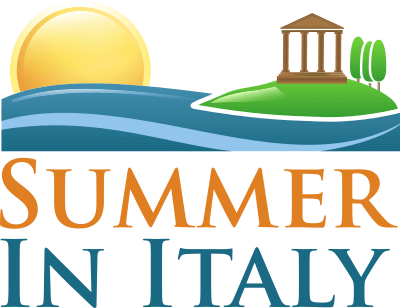
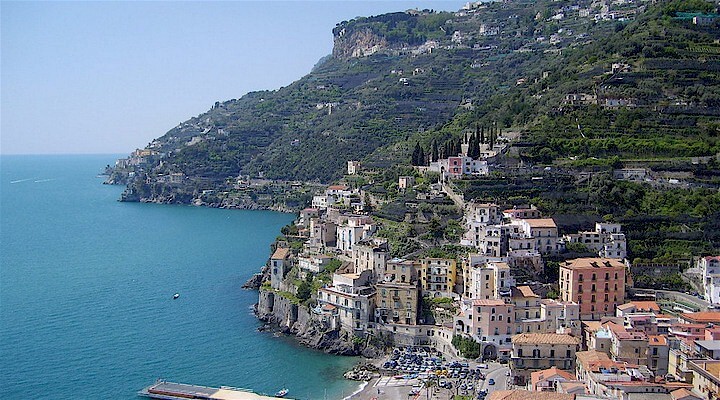 Amalfi Coast
Amalfi Coast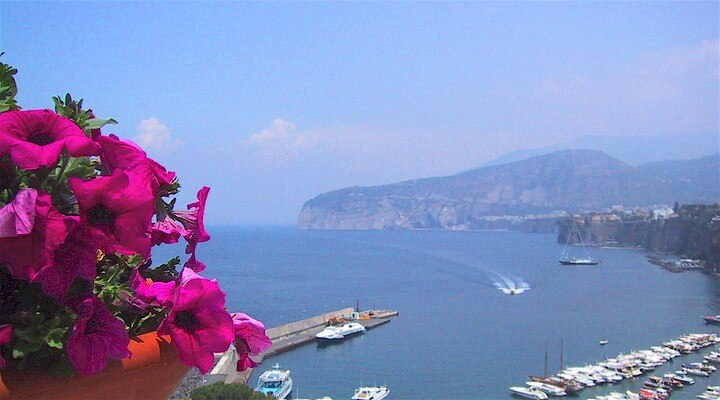 Sorrento Coast
Sorrento Coast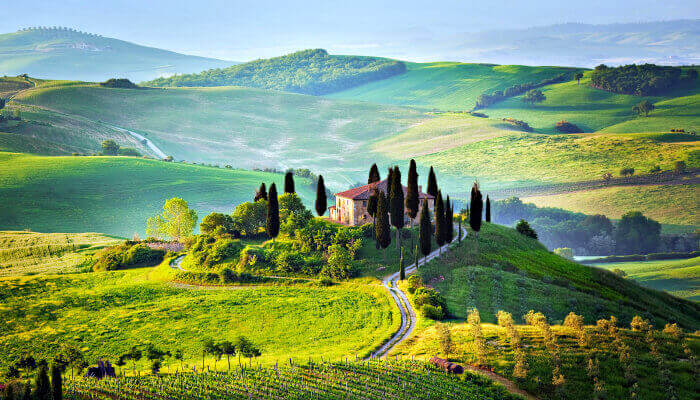 Tuscany
Tuscany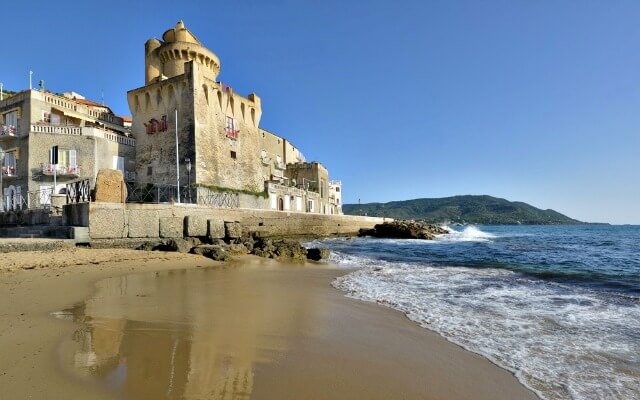 Cilento National Park
Cilento National Park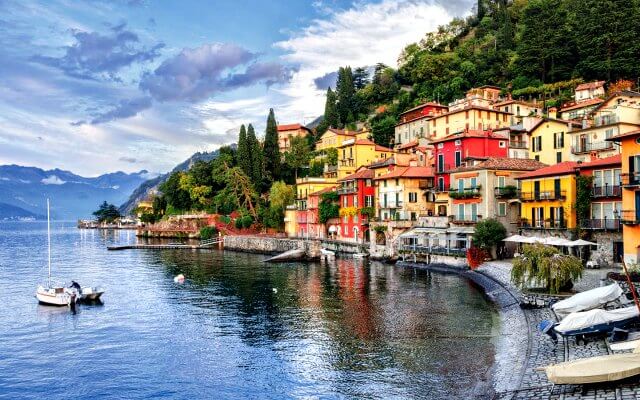 Lake Como
Lake Como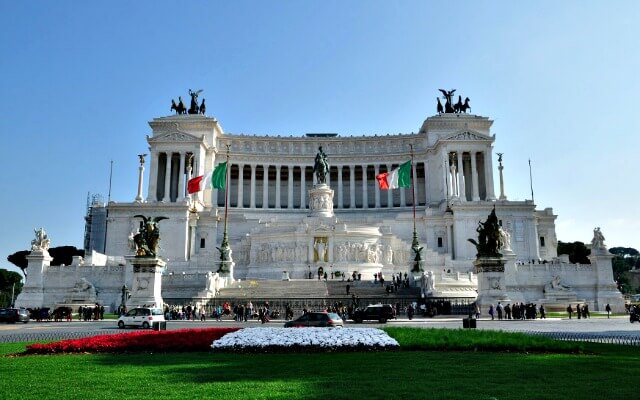 Rome and Latium
Rome and Latium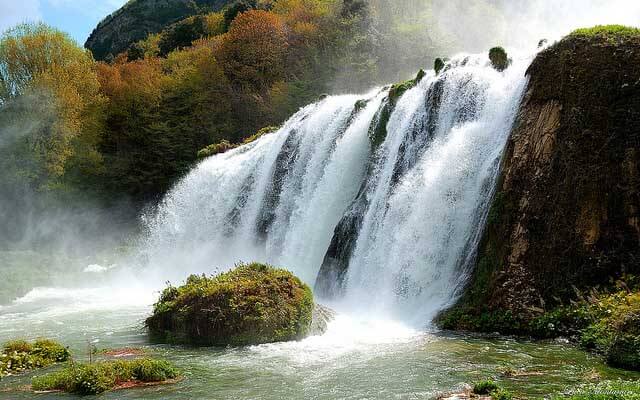 Umbria
Umbria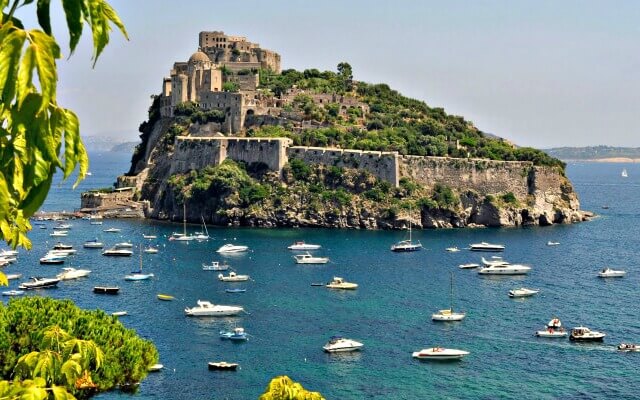 Capri and Ischia
Capri and Ischia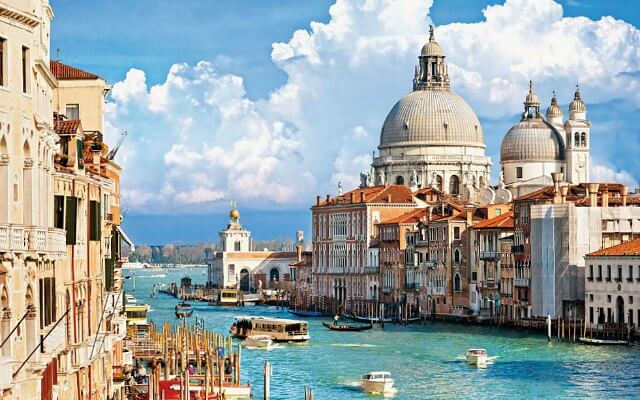 Venice
Venice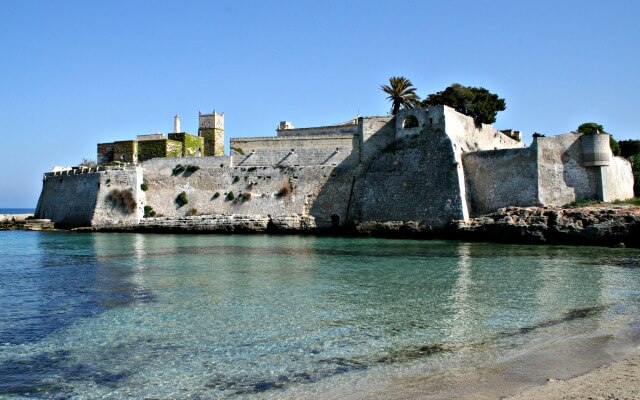 Puglia (Apulia)
Puglia (Apulia)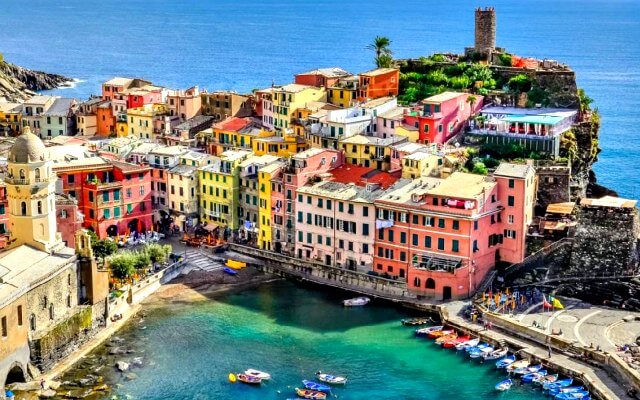 Liguria
Liguria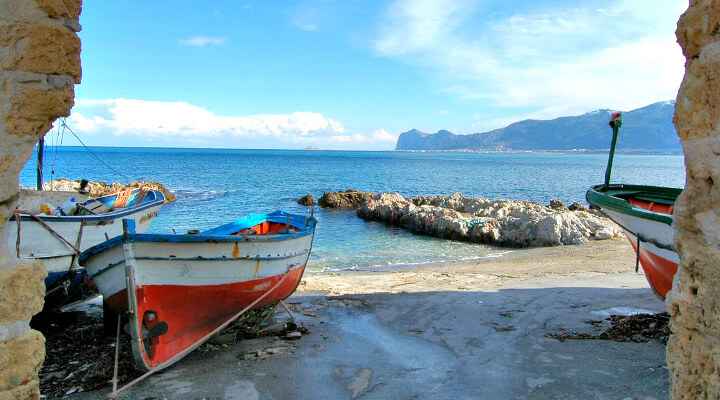 Sicily
Sicily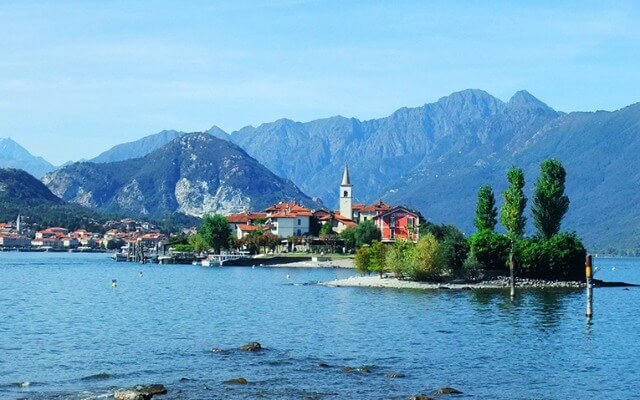 Lake Maggiore
Lake Maggiore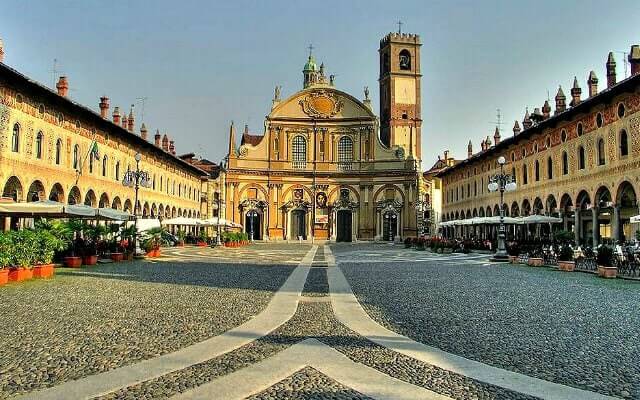 Lombardy
Lombardy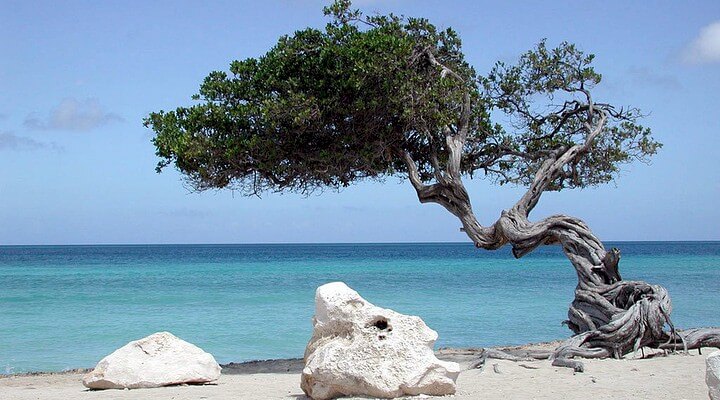 Sardinia
Sardinia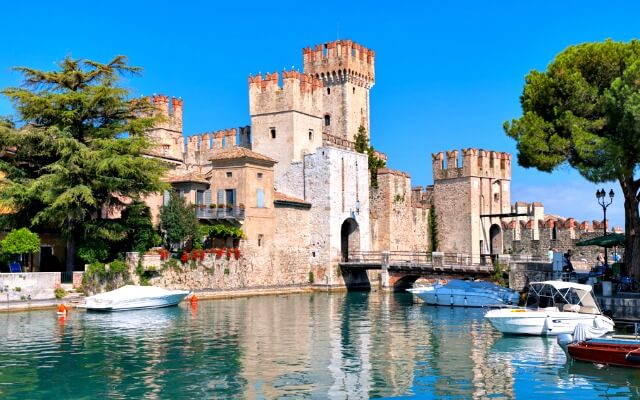 Lake Garda
Lake Garda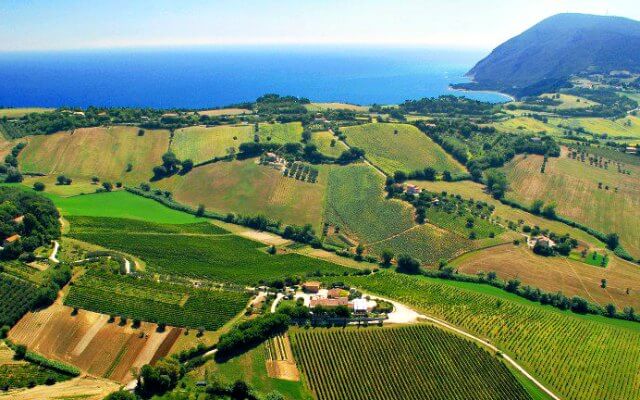 Abruzzo and Marche
Abruzzo and Marche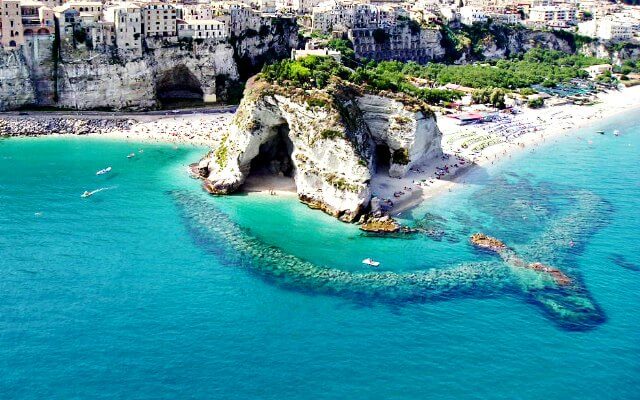 Calabria
Calabria






